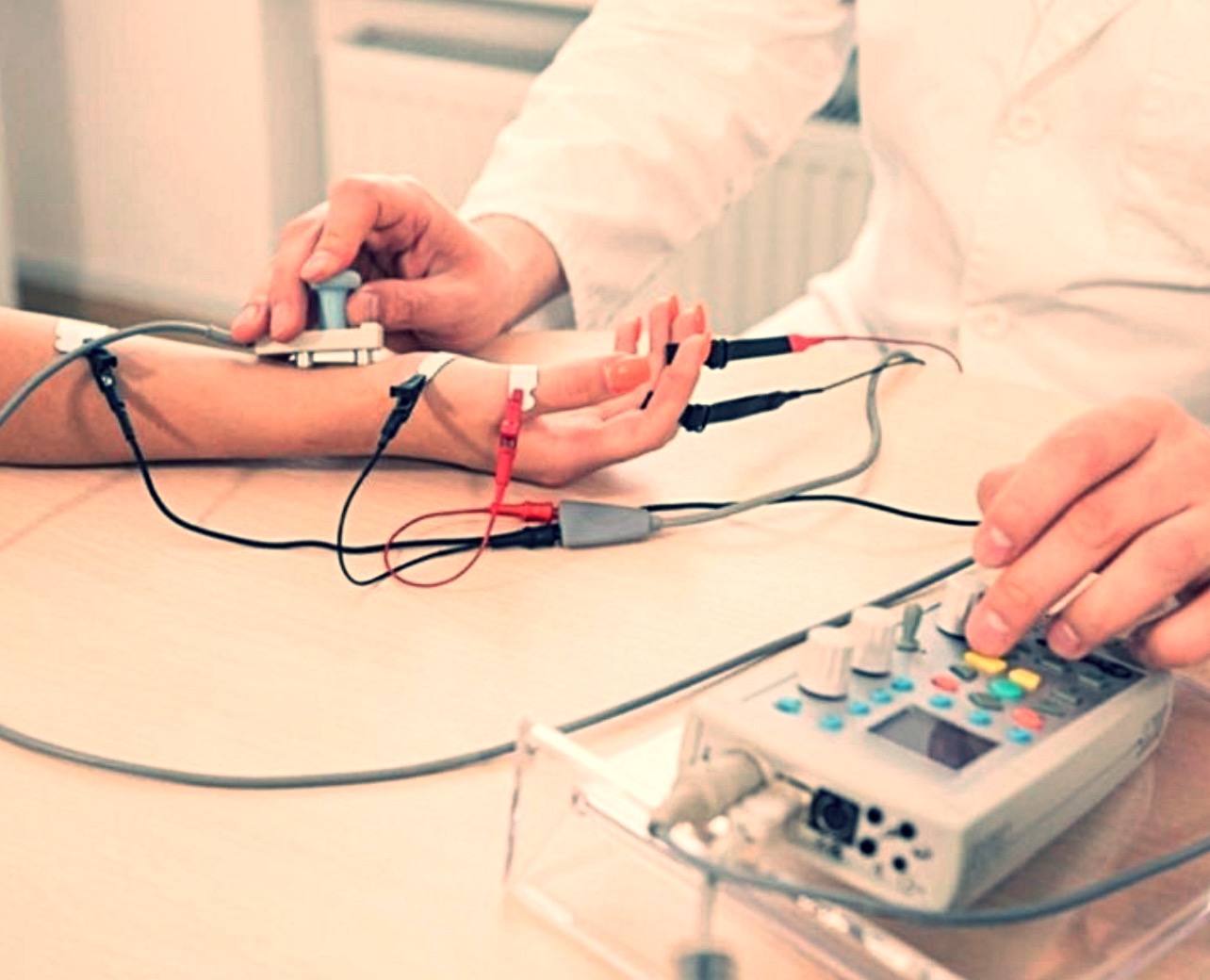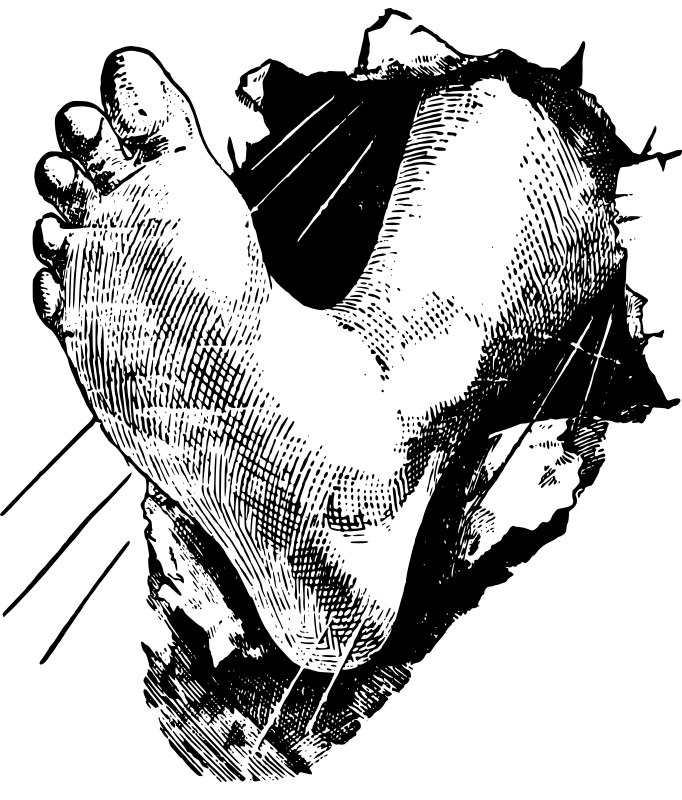The Cost to Reattach a Dental Crown: Understanding the Financial Implications
Dental crowns serve as protective covers for damaged or weakened teeth, restoring both functionality and aesthetics to a patient’s smile. However, circumstances may arise where a crown becomes dislodged or needs reattachment due to various reasons. While the prospect of having to reattach a dental crown can be concerning, understanding the cost associated with this procedure is crucial for making informed decisions about your oral health and finances.
Factors Affecting the Cost:
The cost to reattach a dental crown can vary widely depending on several factors:
- Dentist’s Expertise: The experience and skill level of the dentist performing the reattachment procedure can impact the cost. Established and highly skilled dentists may charge higher fees.
- Location: The cost of dental procedures can also vary based on the geographic location. Dental care tends to be more expensive in urban areas compared to rural ones.
- Type of Crown: The type of crown you have will affect the cost. Crowns made from different materials, such as porcelain-fused-to-metal, all-ceramic, or gold, come with varying price tags.
- Extent of Damage: If the crown is intact and just needs to be reattached, the cost may be lower than if the crown has been damaged and requires repair before reattachment.
- Additional Procedures: In some cases, reattaching a crown might involve additional procedures, such as root canal treatment if the underlying tooth has been compromised. These additional procedures can contribute to the overall cost.
- Dental Insurance: If you have dental insurance, it may cover a portion of the cost for reattaching a dental crown. It’s important to check with your insurance provider to understand what is covered under your plan.

Average Cost Range:
On average, the cost to reattach a dental crown can range from $100 to $500 or more. However, it’s important to note that this is a general estimate, and the actual cost can fall outside of this range depending on the factors mentioned earlier.
Minimizing Costs and Planning Ahead:
To manage the financial implications of reattaching a dental crown, consider the following steps:
- Consultation: Schedule a consultation with your dentist as soon as you notice the crown has become dislodged. During this visit, the dentist will assess the crown’s condition and provide a detailed cost estimate for reattachment.
- Discuss Payment Options: If the cost is a concern, discuss payment options with your dentist. Some dental practices offer financing plans that allow you to spread out the cost over several months.
- Utilize Insurance: If you have dental insurance, review your policy to understand coverage for crown reattachment. Your insurance provider can provide information on how much of the cost will be covered and any limitations.
- Preventive Measures: To minimize the risk of crown detachment in the future, follow proper oral hygiene practices and avoid habits that can place excessive stress on your crowns, such as biting on hard objects or using your teeth as tools.
- Second Opinions: If the estimated cost seems unusually high, consider seeking a second opinion from another reputable dentist. This can help ensure that you’re getting a fair and accurate assessment of the situation.
In Conclusion:
Reattaching a dental crown is an essential procedure to restore the health and appearance of your teeth. While the cost may vary based on several factors, it’s important not to delay seeking treatment to prevent further complications. By understanding the factors that influence the cost and exploring payment options, you can make an informed decision that prioritizes both your oral health and financial well-being. Remember to communicate openly with your dentist about your concerns and questions regarding the cost of crown reattachment.




